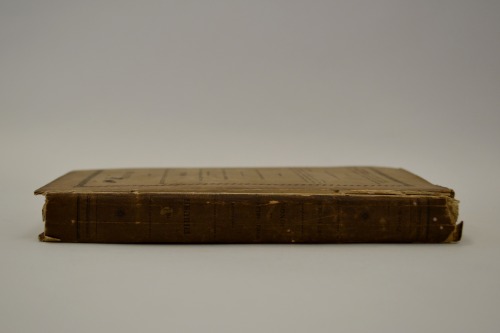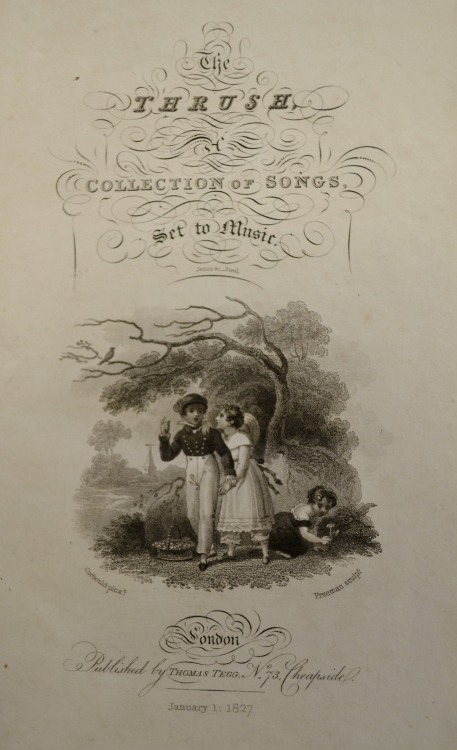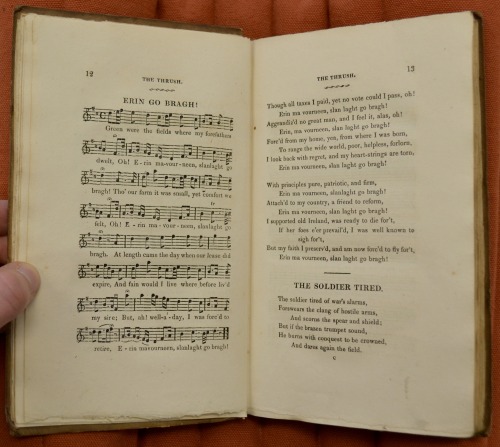#music books
The RBP Podcast
Inthe new episode of our podcast, the legendary Paul Morley joins us to talk about his native Manchester, Joy Division and his epic new biography of Factory Records founder Tony Wilson.
Paul recounts his early pop epiphanies and discovery of the UK’s music press, culminating in the one & only issue of his 1976 fanzine Out There — not to mention his first reviews for the NME in 1976. The conversation then turns to “Anthony H.” Wilson and the formation of Factory, taking in Paul’s championing of Joy Division before leading into a discussion of Martin Aston’s 1986 audio interview with New Order’s Bernard Sumner and Stephen Morris.
From there we consider the week’s featured act Faust, spinning off from pieces about the German enigmas by Ian MacDonald, Andy Gill and David Stubbs, and prompting general thoughts on “Krautrock” from both guest and hosts. After saying goodbye to chief Chieftain Paddy Moloney, and to three veteran RBP writers on soul and R&B (Pete Grendysa, Bob Fisher andRoger St. Pierre), Mark leads us through his personal favourites among the 100+ articles added to the RBP library over the past fortnight, including pieces about the Stones’ pad in Edith Grove, Lorraine Ellison’s volcanic single ‘Stay With Me’ and Charlie Watts on drummers & drumming. Finally, Jasper talks us out with his thoughts on pieces about Primal Scream’s 2000 XTRMNTR and John Sinclair taking The Wire’s “Invisible Jukebox” text in 2003.
Post link
London : T. Tegg, [1827]
1 score (vii, 327 p.) ; 20 cm.
Added t.p., engraved, dated 1827.
With unaccompanied melodies to most of the songs.
Happy St. Patrick’s Day!
Today’s entry features a song titled “Éirinn go Brách” or “Erin Go Bragh” printed in an early 19th century songbook. The book, The Thrush, has a beautiful engraving on the title page, as well as a mix of tunes sourced primarily from England and Scotland.
This particular musical declaration of “Erin Go Bragh” is often subtitled “the exiled Irishman’s lament”.
Its authorship was a matter of some dispute in 1844, when Thomas Campbell claimed to have written the song, though it was attributed to a George Nugent Reynolds. You can read the resulting exchange in the brochure, “Memoranda of Irish matters, by obscure men of good intention”, available via Google Books (the discussion starts on page 81). Members the Reynolds family and other acquaintances provide evidence that George indeed wrote the song.
The memorandum concludes:
Some days after this memorandum had been sent to press, the melancholy intelligence of the death of Mr. Campbell arrived in Dublin.
Upon this announcement, the first impulse of the writer of this Memoranda was to sup press altogether this paper, lest its publication might wound the feelings of the surviving relatives of the poet.
But upon consideration he did not feel that he had a right to keep back the solemn declarations of the family and friends of Mr. Reynolds upon this subject, which had been entrusted to him for the purpose of publication.
He has accordingly allowed that portion of the Memorandum which contains these declarations to be printed, and has suppress ed the remainder. He found it impossible, in the short time allowed for revision, so to re-mould his arguments as to avoid attach ing some blame to Mr. Campbell for his con duct in this matter, and this he could not bear to do so soon after the poet’s eyes were closed in death.
Oh, and there’s a song called “Corn Rigs are Bonny”. #iowa
Post link






